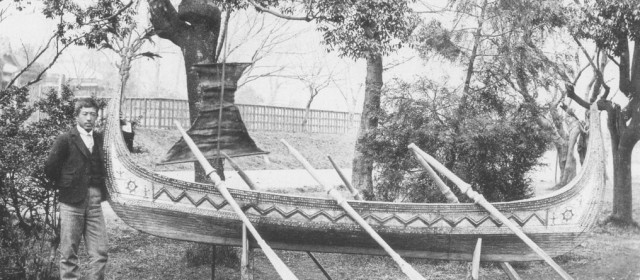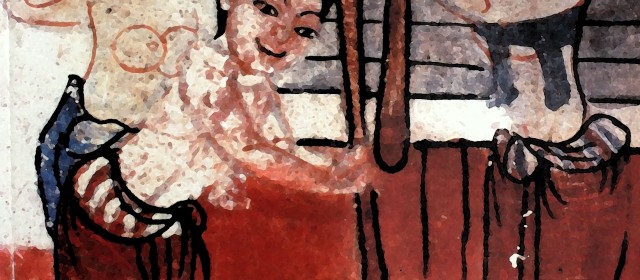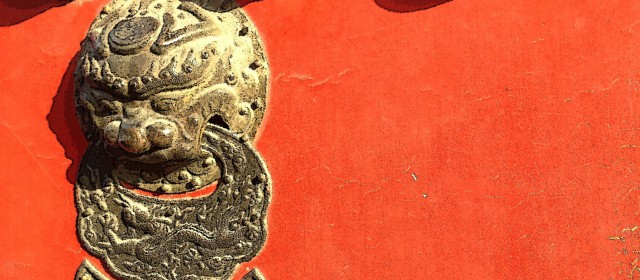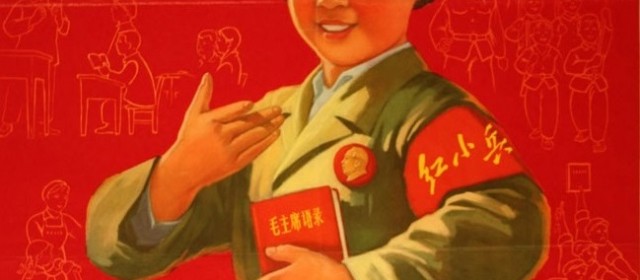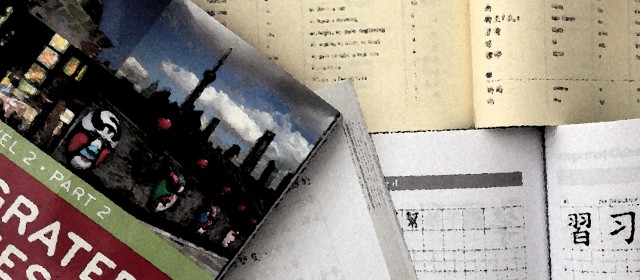Visual methods in early Japanese anthropology: Torii Ryuzo in Taiwan In Christopher Morton & Elizabeth Edwards (Eds.), Photography, Anthropology and History: Expanding the Frame (pp. 171-191). Surrey: Ashgate, 2009. The first photograph I encountered when flipping through a recent Chinese book on Ami aborigines in Taiwan portrays not only the native inhabitants but also the Japanese anthropologist Torii Ryūzō (1870-1953). Among...
Read MoreNang Naak: The cult and myth of a popular ghost in Thailand In Siraporn Nathalang (Ed.), Thai Folklore: Insights into Thai Culture (pp.123-42). Bangkok: Chulalongkorn University Press, 2000. The night has fallen. The golden radiance of the Mahabute Temple slowly merges into a vague deep blue after a long sultry day. The heat lingers. Everything seems too heavy to move. The street vendors, fortunetellers, and lottery-ticket sellers in...
Read MoreThe anatomy of eroticism: Reimagining sex and sexuality in the Late Ming novel “Xiuta yeshi” Nan Nü: Men, Women and Gender in China 11.2 (2007): 284-329. Due to its explicit and outrageous sexual content, Xiuta yeshi is often deemed an “obscene book” that lacks literary sophistication. Precisely because of its obscenity, however, the novel provides a unique perspective from which to study the discourse of sex and...
Read MoreDesiring revolution and revolutionary desire: Gender, sexuality, and politics in three Cultural Revolution memoirs Asian Review 19 (2006): 3-34. After more than three decades, the definition of the Cultural Revolution (wenhua da geming 文化大革命), the most controversial chapter in the history of the People’s Republic of China, is still anything but defined. Neither a master script nor a systematic game-plan, even by Mao Zedong 毛泽东...
Read MoreDiversity and difference: Identity issues of Chinese heritage language learners from dialect backgrounds Co-author with Yang Xiao. Heritage Language Journal, 2, 153-187. The goal of this study is to explore the identity constructions of Chinese heritage language students from dialect backgrounds. Their experiences in learning Mandarin as a “heritage” language—even though it is spoken neither at home nor in their...
Read More